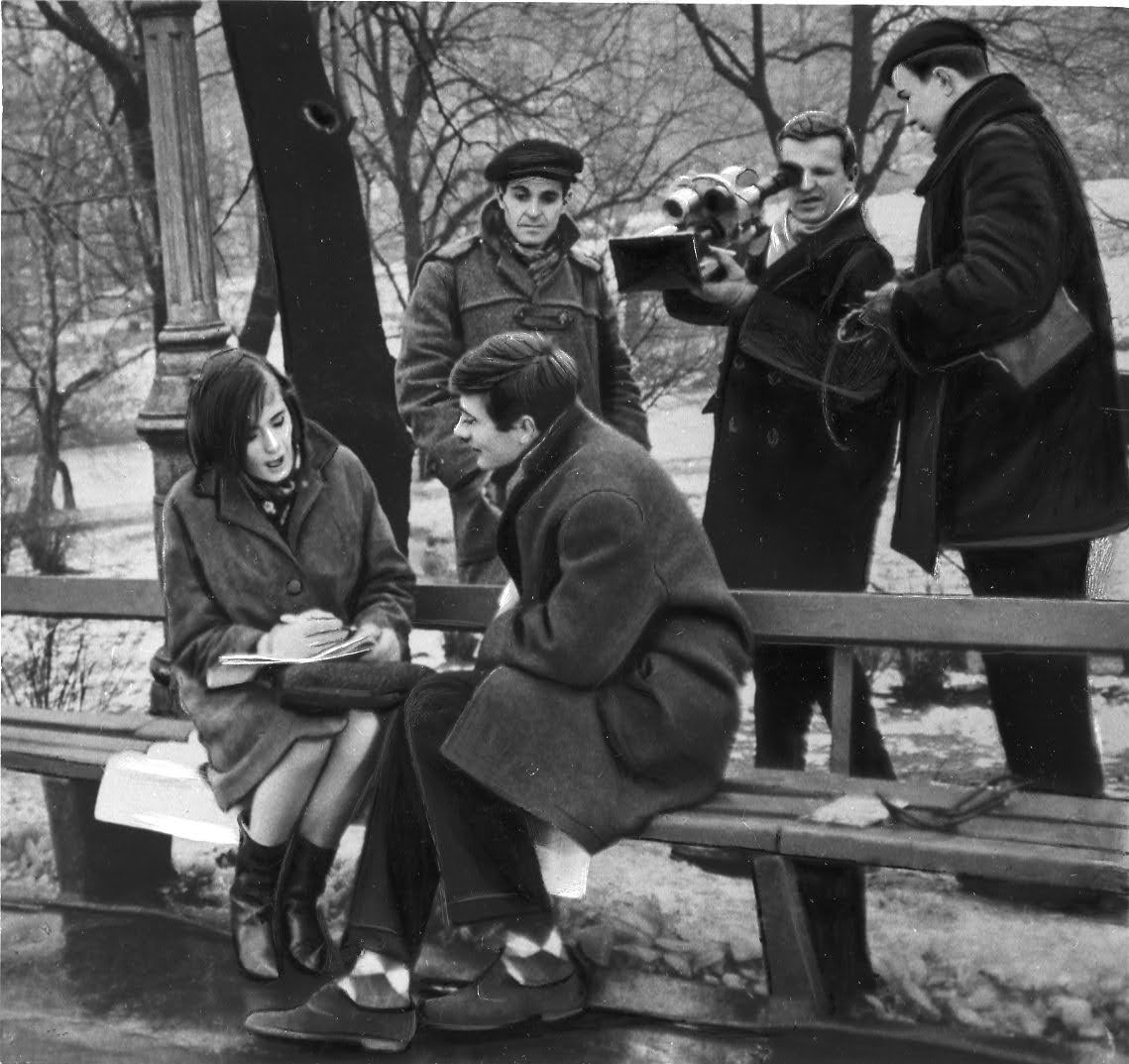Beyond Identity
A Chronotopic Analysis of the Soviet Latvian Film “Two in Love” (1965)
DOI:
https://doi.org/10.17892/app.2024.00019.368Keywords:
Mikhail Bogin, Griorgi Danelia, Latvia, Latvian SSR, Riga, Moscow, national cinema, identity, chronotope, occupation, Soviet film, Soviet film production, Divi / Dvoe / Two in Love, disability.Abstract
This article offers an analysis of a Soviet Latvian short film Divi / Dvoe / Two in Love (Mikhail Bogin, 1965, Latvian SSR). The analysis is based on the chronotopic approach to text analysis invented by Mikhail Bakhtin and suggested for film analysis by Robert Stam. Prior to a chronotopic analysis of the film Divi, different approaches to Soviet film heritage in Latvian cinema and film studies are discussed. Traditionally, since the collapse of Soviet Union and up till the present day, Soviet films have been interpreted from an “identity perspective”, that is, the ethnic identity of the filmmakers and the location of filming, which form a binary opposition of ‘Soviet’ versus ‘Latvian’ as categories applicable to any element of each film produced in Latvia in the period of Soviet occupation. This approach appeared as logical and feasible after Latvia regained its independence from the USSR. In contrast, the chronotopic approach allows us to view films as embedded in timespace. It opens critical possibilities that take into account various, at times contradictory, aspects of film production and existence. This case study of a review of a script for the short film Divi demonstrates that Soviet Latvian film can be understood as a multilayered product, i.e., the result of competition and the confluences of cultural, political and administrative forces.
Rakstā ir pārdomas par Latvijas filmām, kas ir tapušas padomju laikā un par tām metodēm, kas ir piemērotas šo filmu analīzei un interpretācijai. Tradicionāli filmas, kas tika uzņemtas t.s. padomju laikā Rīgas kinostudijā, tiek analizētas no identitātes perspektīvas. Autoru etniskā piederība un tā vieta, kur filma ir uzņemta, ir vadošais kritērijs tam, kur katra konkrētā filma atradīs savu vietu starp diviem pētījumos pretstatītiem poliem, ko vienkāršoti var nosaukt par padomju pret latviešu. Šī pieeja izrādījās loģiski pieejama gan filmu autoriem, gan pētniekiem. Pieeja ir balstīta binārās opozīcijas rāmjos, kas ierobežo interpretāciju un analīzi. Hronotopiska pieeja, kuras uzmanības lokā tiek iekļauti dažādi filmu tapšanas un būšanas aspekti, kas tiek skatīti respektējot to laiktelpu, atklāj citus, iepriekš neievērotus aspektus kā teksta und produkta aspektus. Analizējot arhīva dokumentu – recenziju par filmas „Divi” scenāriju, tiek pierādīts, cik plaša un neviennozīmīga var būt padomju filmu izpēte.

Downloads
Published
How to Cite
Issue
Section
License
Copyright (c) 2024 Apparatus. Film, Media and Digital Cultures of Central and Eastern Europe

This work is licensed under a Creative Commons Attribution 4.0 International License.
The articles in Apparatus are published under https://creativecommons.org/licenses/by/4.0/ This license does not apply to the media referenced, which are subject to the individual rights owner's terms.
The authors hold the copyright without restrictions and retain publishing rights without restrictions.





